AMP 2021 Digital Experience Corporate Workshops
1 A B C D E F G H I J K L M N O P Q R S T U V W X Y Z

Bridging Molecular and Digital Pathology
The vast complexities of disease are characterized by heterogeneity across samples, from cancer to immunological and neurological disorders. Elucidating disease mechanisms requires a deep understanding of complexities at the molecular level. However, due to limited resolution, traditional staining and histological examination of tissue sections can miss relevant cell types and their relationships. Join to hear case studies and learn how researchers are using 10x Genomics single cell and spatial multiomics to discover novel insights and gain multidimensional views of disease pathology. And explore how these multiomic approaches can accelerate novel translational applications—in diagnosis, prognosis, therapeutic development, and biomarker discovery—to, ultimately, alter our understanding of diseases on a fundamental level.
.png)
The utilization of clonoSEQ , an NGS minimal residual disease (MRD) technology, is enabling advances in the assessment and management of patients with hematological malignancies. Clinicians increasingly view MRD as a critical tool to inform clinical decision-making; the selection of a sensitive, specific, and standardized MRD assay is an increasingly important decision in which pathologists should play a central role. This workshop will explore key data and considerations for pathologists utilizing MRD assessment in hematological malignancies.

Rates of metastatic prostate cancer (mPCa) have been increasing since 2008. Prostate cancer is associated with racial disparities in both treatment and outcome. Of men diagnosed with disease confined to the lymph nodes, 20-30% will be progression-free 15 years following radical prostatectomy, but those with distant metastasis have a 5-year survival of only 29%. Current signatures of metastases in prostate cancer are designed to predict progression from organ-confined disease to metastasis but cannot predict subtypes of metastatic progression. In this study, we have identified a molecular signature using target enrichment and NGS that may predict the risk and pattern of metastatic disease progression. These insights will improve outcome prediction, enable rational patient selection of appropriate treatment based on metastatic subtype, and identify novel therapeutic targets for enhanced and individualized patient care. Additionally, our data will provide evidence of population enriched molecular features necessary to overcome the current scarcity of genome diversity that may contribute to health disparities. Our study is among the most comprehensive genomics analysis of multiethnic invasive and node confined metastatic prostate cancer, and future directions will be discussed.

Multidisciplinary Best Practices for Biomarker Testing in Resectable and Metastatic NSCLC
This program will illustrate key best practices and new developments for biomarker testing in the care of patients with NSCLC - including biomarker testing guidelines for resectable NSCLC, latest recommendations for the integration of tissue testing, and liquid biopsy in metastatic NSCLC, and highlights for multidisciplinary team coordination. The speakers will discuss:• Latest biomarker testing guidelines for resectable and metastatic NSCLC; • Current guidance on best practices for tissue stewardship; • Current recommendations for liquid biopsy testing in metastatic NSCLC; • Best practices for multidisciplinary team coordination to ensure completion of biomarker testing.
.png)
Spinal muscular atrophy (SMA) is a leading genetic cause of infant death worldwide. While SMN1 and SMN2 copy number quantification is routinely performed to screen for and diagnose SMA, evolving carrier screening, treatment, and management data suggests testing for additional alterations may be needed. In this workshop, we review how the AmplideX®PCR/CE SMN1/2 Plus Kit (RUO) quantifies SMN1/SMN2 copy number and detects additional variants associated with silent carrier status and disease severity – all via a simple, streamlined, and scalable testing workflow providing rapid results in under four hours.
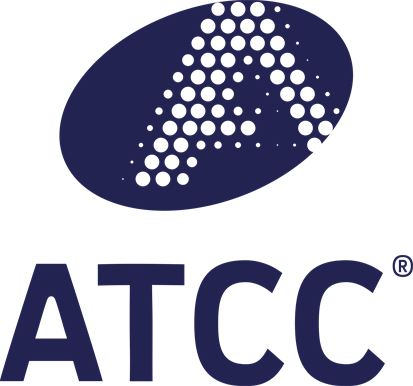
Biomaterial and Genomics Data Provenance for Digital Biology Research & Discovery
Breaks in the data provenance between biological source materials and genomics data are challenges for scientific reproducibility, as errors or omissions in both the metadata and the sequence data end up hampering accurate interpretation of results. To address this issue, ATCC is working towards 100% data provenance of all biological materials in our collection. The ATCC Genome Portal represents the first genomic data repository where whole genome sequencing, assembly, and genome annotation are being consistently applied under quality assurance program that requires all data and procedures are fully authenticated and traceable back to physical biological materials in our culture collection. Attend this symposium to learn more about the importance of data provenance in genomics, and ATCC’s approach to producing high-quality, authenticated reference genomes.
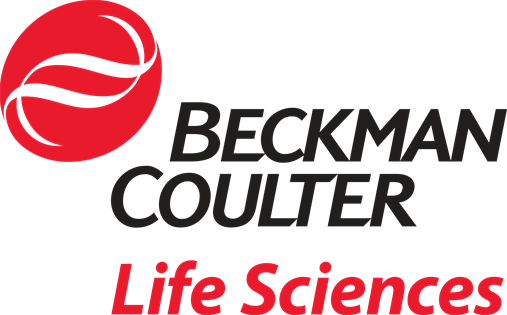
An End-to-End Automated Workflow for High-Throughput SARS-Cov-2 Sequencing and Surveillance
Next-generation sequencing of infectious agents is crucial for large-scale genomic surveillance of infectious diseases. Throughout the SARS-CoV-2 pandemic, several consortia across the globe have coordinated efforts to understand the epidemiology of SARS-CoV-2 through the identification and tracking of novel variants in cases of positive patients. In this webinar, we highlight the collaboration between the European Molecular Biology Laboratory (EMBL), New England Biolabs (NEB), and Beckman Coulter Life Sciences to develop an automated high-throughput NGS library prep workflow for SARS-CoV-2 surveillance using the NEBNext ARTIC SARS-CoV-2 Library Prep Kit (Illumina) and the Biomek i7 Hybrid NGS Workstation.

Introducing the next generation of NGS sample prep automation: It's so easy it's ingenious
Next Generation Sequencing (NGS) has revolutionized Biology due to its high throughput, scalability and speed. As a result, scientists are now able to study biological systems at a depth never before possible, to find answers to complex biological questions. Consequently, the number of applications that leverage high throughput sequencing continue to grow at an exponential pace. As the sequencing cost (i.e. instrumentation and sequencing chemistry) decreases and the sequencing data storage and analytics capacity increases, automation of NGS library preparation is becoming increasingly important to fully reap the benefits of NGS. The Scientists, Engineers and Marketers at Beckman Coulter life Sciences collected hundreds of customer comments to identify customer pain points and unmet needs to develop a purpose-built liquid handler for NGS sample preparation. In this presentation we will introduce our all new liquid handler and its first of its kind technologies that enable error reduction, ease of use, flexibility and reduced hands on time.

Join Bionano Genomics and see how the combination of OGM with NGS data enables the most comprehensive picture of the genome. In this session you’ll learn about the functionality of BioDiscovery’s Nx Clinical software for data interpretation of hematological malignancy and solid tumor samples in a clinical research setting.
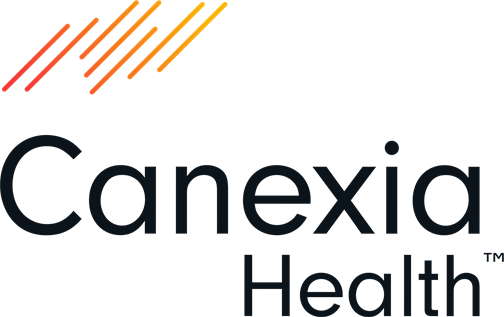
Establishing an In-House Molecular Profiling Program for Cancer Treatment Selection
Molecular profiling is quickly becoming a critical tool in identifying genomic mutations that indicate a potential response to targeted cancer therapy. While most healthcare organizations are still outsourcing such testing, some are executing local strategies to bring capabilities in-house. In this workshop, speakers will discuss requirements for successfully setting up and implementing cancer molecular profiling in-house based on experience at a regional healthcare organization, USA Health, that serves a diverse population along the upper Gulf Coast. Faster turnaround time and better management of patient data are among advantages, as well as improved access to clinical trials, which are a big part of precision oncology programs but tend not to be broadly accessible within community practices where most cancer patients are treated.
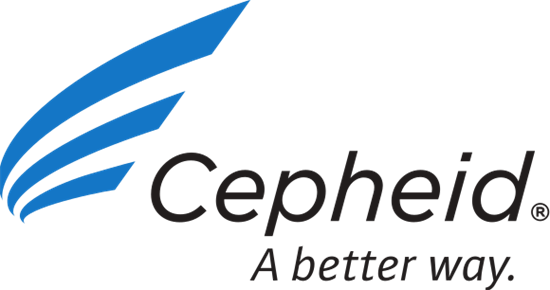
The Importance of Rapid, Accurate, and Reproducible Molecular Results for CML Monitoring
In 2018, there were an estimated 61,698 people with chronic myeloid leukemia (CML) in the United States, according to the National Institutes of Health. Even though advances in treatment and care have transformed CML into a manageable disease, several significant challenges remain in monitoring therapeutic response and disease progression. The discussion will touch on the revolution of Tyrosine kinase inhibitors and their resistance, the current CML guidelines, and the clinical impact of different assays. Additionally, our speakers will provide a first-hand perspective on the clinical value of rapid molecular CML monitoring and its effect on patient care.
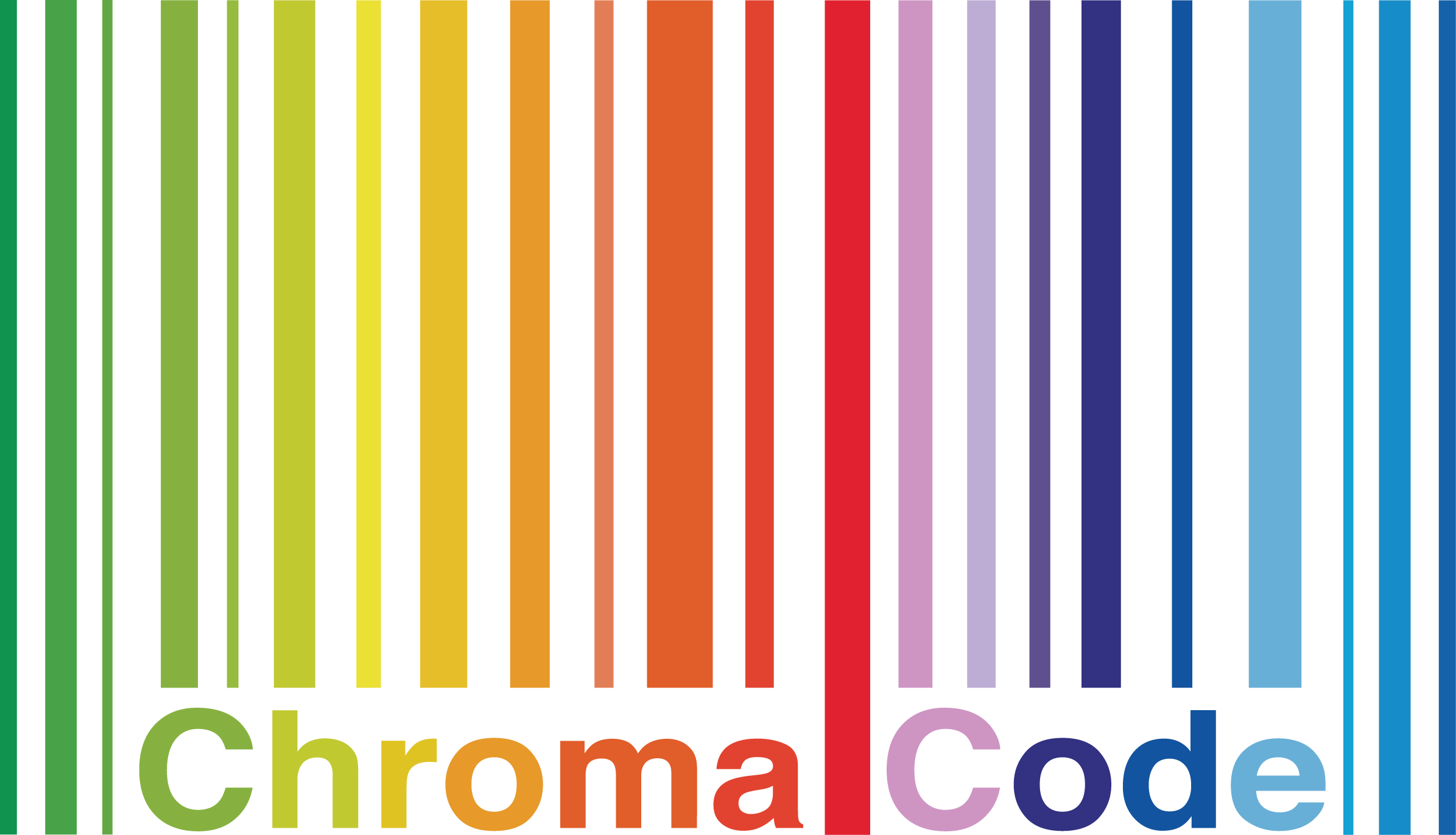
High Definition PCR (HDPCR™) Technology Review and Applications
This presentation will describe the application of ChromaCode’s HDPCR RV6 RUO assay for high throughput single well identification and discrimination of SARS-CoV-2, Influenza A, Influenza B, and respiratory syncytial virus. The potential use of this technology for other infectious disease research use applications will also be discussed.

Hepatitis Delta (HDV): Diagnostic Testing Today
The intent of this workshop is to raise awareness regarding HDV, highlight the current state of affairs for testing and identify gaps where improvements could be made. Currently, the availability of HDV testing within the US is often not offered, inconsistent and fragmented. As such we feel that this is an excellent venue to engage with key diagnostic stakeholders. Specifically this presentation will cover: • HDV epidemiology and natural history; • Review of HDV serological tests and guideline recommendations; • Briefly discuss HDV drug targets under development.

Join this preview session, as Illumina’s Chief Medical Officer & SVP, Dr. Phil Febbo, and VP & General Manager of Oncology, Kevin Keegan, will provide an overview of the upcoming European in-vitro diagnostic test for Comprehensive Genomic Profiling (CGP), TruSight Oncology Comprehensive (EU). Topics Include: - How this CGP test is designed to help maximize the actionable information needed to inform the appropriate targeted therapies and trials for cancer patients, according to guidelines. - - How this CGP test will enable consolidation from multiple independent or small panel tests into one test, one workflow and one report. - - How this kitted, and distributable CGP solution, with a sample-to-answer workflow, can empower laboratories in Europe to bring the test in-house, for closer access to patients and faster turnaround times to results.

Comprehensive Genomic profiling (CGP) is becoming the standard of care in oncology. It allows clinicians to maximize clinical information from limited biopsy samples so that patients can be matched with approved therapies or enrolled in relevant clinical trials. In this workshop, a pathologist and an oncologist will discuss the impact of implementing CGP assay at their institution. They will describe how they collaborate and examine how local access to an expert to manage sample yields, expedite access to results, and assist with genomic data interpretation was instrumental to improved patient care and outcomes. They will discuss a few clinical cases to highlight the value of in-house comprehensive CGP assays.- Reasons to implement and the value of a flexible future-proof DNA+RNA CGP in-house assay.
- The impact of reflex CGP testing settings on testing decision trees and workflow consolidation.
- Value of sample management and genomic literacy for oncologists and molecular tumor boards

Minimal Residual Disease (MRD) detection techniques in lymphoid and plasma cell neoplasms can aid in assessment of treatment responses and prediction of the possibility of relapsed/refractory diseases. The talk will focus on discussing the use of a LymphoTrack® Assay*, an NGS-based clonal IGH gene rearrangement assay, for disease monitoring and MRD detection. The talk will also discuss the use of a known spike-in clonal sequence (LymphoQuant® B-cell Internal Control*) to aid in elucidating disease burden as estimated clonal cell equivalents and % clonality, rather than % of sequencing reads. *LymphoTrack Assays and LymphoQuant B-cell Internal Controls are for Research Use Only; not for diagnostic use.

Come learn from Dr. Frederick Nolte, Professor Emeritus, Department of Pathology and Laboratory Medicine at the Medical University of South Carolina, about new enhancements in clinical metagenomic testing from Karius. The Karius Test is a non-invasive liquid biopsy needing only a single blood sample to rapidly detect over 1,000 pathogens causing both deep-seated and bloodstream infections. The Karius Test helps clinicians avoid invasive, low-yield, and sequential diagnostic tests that can delay treatment for the most vulnerable hospitalized patients.

Single-cell DNA and multi-omics strategies for untangling therapy-resistant mechanisms in oncology
While great strides have been made in targeted therapies, an improved understanding of therapy resistance is needed to realize the full potential of precision medicine. Bulk sequencing misses the rare events and underlying genetic diversity across cell populations. To improve patient stratification, therapy selection, and disease monitoring, we need insights into clonal architecture, mutation co-occurrence, and immunophenotype within every single cell. Single-cell DNA and multi-omics analyses enable the simultaneous detection of mutation profiles and immunophenotypes in single cells, so you can stratify patients more precisely, signal resistance as it begins, and predict relapse. Speakers will share the strategies they employ to characterize heterogeneity in cancers at the single-cell level.
.png)
Developing spatial biomarker assays for clinical validation using GeoMx® Digital Spatial Profiler
The development of new biomarker panels for the Nanostring GeoMx® Digital Spatial Profiler offers new opportunities to explore biological heterogeneity present in biopsies of advanced solid tumors. GeoMx panels enable highly multiplexed quantification of protein and phospho-protein targets relevant to the selection of cancer therapeutics, including intracellular signaling and immune biomarkers. We have developed standard controls that assess antibody performance and support inter-run and inter-laboratory data normalization. The approach uses FFPE cancer cell lines, some of them treated with drugs or growth factors, arranged in a tissue microarray. These controls are being used in an ongoing collaboration between our laboratories and Mayo Clinic Laboratories to evaluate the GeoMx® Digital Spatial Profiler for use in routine clinical testing.
.png)
Personal Genome Diagnostics (PGDx) is committed to improving clinical insight, speed of results, and healthcare economics by delivering a portfolio of tissue-based and liquid biopsy genomic products for health systems worldwide. In this workshop, Dr. Michael B. Datto (Associate Vice President, DUHS Clinical Labs and Vice Chair of Clinical Pathology, Department of Pathology, Duke University Health System Clinical Laboratories), will share insights on his laboratory’s implementation of the FDA-cleared PGDx elioTM tissue complete assay for onsite comprehensive tumor profiling and an integrated clinical decision support engine to facilitate oncology care. Dr. Don A. Baldwin (Associate Professor of Pathology, Director of Molecular Testing Enterprise Fox Chase Cancer Canter) will share perspectives on how in-house plasma ctDNA profiling complements tumor/normal tissue sequencing for cancer molecular diagnostics.
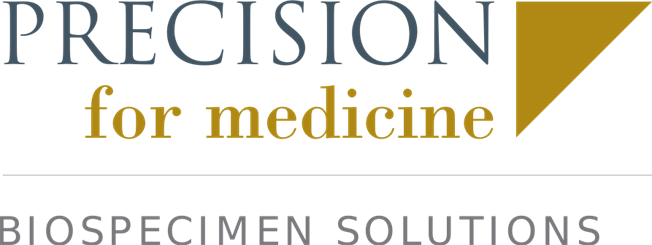
Genomic technologies continue to widen the window into understanding mechanisms of disease and potential drug targets. Precision for Medicine launched a large-scale sequencing initiative in 2021 where oncology specimens are being annotated for over 2,700 unique variants to support CDx development programs. Dr. Taylor will provide a peek into the biobank and NGS program, and discuss lessons learned about sample age, international vs U.S. specimen quality, sample types, and data generation and accessibility. The program has expanded into 11 indications using tumor tissues and liquid biopsy, testing both DNA and RNA variants including hotspot mutations, CNVs, genes, and fusion isoforms.
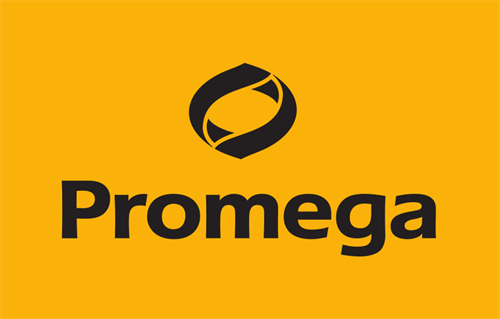
Performance of the OncoMate™ MSI Dx Analysis System
Accurate and timely MSI characterization of colorectal cancer tumors is highly valued by physicians in identifying patients who would benefit from additional genetic testing to uncover Lynch syndrome, an inherited predisposition to colorectal and other cancers. Learn about the clinical performance of the new OncoMate™ MSI Dx Analysis System, the industry’s first FDA-cleared, PCR-based diagnostic kit for MSI status. The system uses an improved format of the most globally relied upon gold standard loci, which are recommended by NCCN Clinical Practice Guidelines In Oncology (NCCN Guidelines®) and other leading cancer organization guidelines.
.png)
A Breakthrough in FFPE Analysis: Next-Gen Nucleic Acid Extraction for NGS
FFPE tissue samples with a low abundance of nucleic acid continue to present a challenge for cancer genomics. Such samples frequently fail to produce sufficient DNA or RNA for downstream analyses, which can impact patient care or reduce the statistical power of a study. Purigen’s automated Ionic® Purification System uses Isotachophoresis to increase quantity and quality of nucleic acids extracted from FFPE and requires 75% less hands-on time than column- or bead-based methods. In this workshop, we will review data that demonstrates the ability of the Ionic system to recover increased yields of high-quality DNA, RNA, or miRNA from FFPE tissue samples that prove challenging for conventional methods.
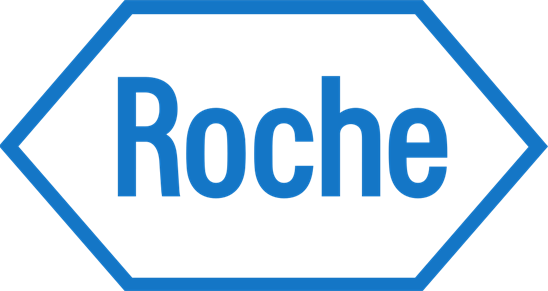
Comprehensive genomic profiling of FFPE tissues through NGS empowers the advancement of clinical research. Roche has developed a Research Use Only test, the AVENIO Tumor Tissue CGP Kit, which is designed to match Foundation Medicine’s 324 gene FoundationOne®CDx Panel content. This new kit provides laboratories with distributed reagents and a cloud-based analysis software, for an end-to-end in-house solution to profile 324 genes associated with solid tumors across multiple cancer types, including genomic loss of heterozygosity, microsatellite instability, and tumor mutation burden. Here, we report high reproducibility and performance across five laboratory sites using a characterized panel of FFPET samples.

Powerfully Simple Digital PCR with the QuantStudio Absolute Q
Digital PCR (dPCR) is becoming a gold standard in precise nucleic acid quantification, however available dPCR technologies suffer from several limitations which have hindered its broad adoption such as tedious workflows, long time-to-results, poor multiplexity, and inconsistent reagent digitization resulting in high sample waste. In this session we will introduce the next generation dPCR system whose simple workflow and 90-minute turnaround time facilitate unmatched reagent compartmentalization of over 99% while achieving an industry leading reagent utilization of 95%. Join us to learn more about the dPCR system which offers a simplified workflow, rapid time-to-answer, low potential for contamination and minimal sample waste all within a single instrument.

As the world of molecular testing rapidly evolves, clinical and hospital labs face many complex challenges. Solutions are needed that are flexible and efficient so you can focus on delivering high-quality results. Our innovative, complete qPCR ecosystem puts you in command, enabling you to effectively respond to the testing challenges you face, both today and tomorrow. Join us to learn more about the *Applied Biosystems™ QuantStudio™ 7 Pro Dx real-time PCR system which offers a versatile, highly expandable, open platform for assay-driven qPCR workflow, from setup to report. (*Only available in the US)


















